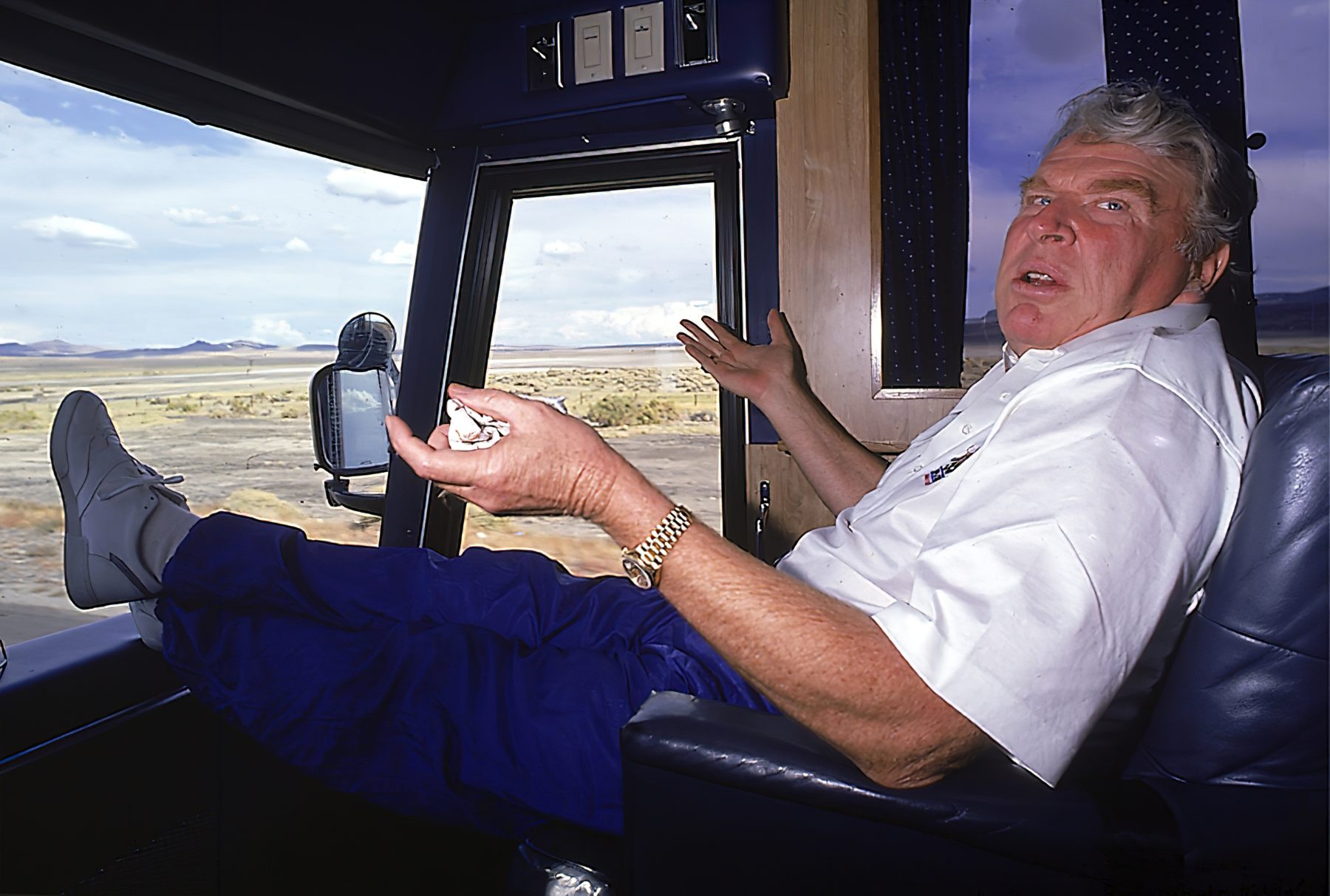Shake Shack to Add Touch Screens and Cashless Payments at Newest NYC Location
Skift Take
Shake Shack will replace human cashiers with touch screens and cashless payment at its newest New York location in the East Village, according to CEO Randy Garutti. The chain has touted its employee focus from the beginning, and will employ a team of “hospitality champs” to man the store, injecting a human touch into the touch-screen experience. Ditching cash is new for Shake Shack, too, and both of these changes are likely meant to increase speed of ordering at a restaurant that’s become known for its long lines. Consumer demand is great, but souring a hospitable experience with a long wait is a tough problem to overcome.
At an event in Dallas this week, Garutti said Shake Shack will continue to make leadership a priority, citing a $1 million leadership retreat for 700 of its employees. The cost, he says, is “hard to explain to Wall Street, but it’s the last thing we’ll cut.” (He’s likely referring to Shake Shack’s stock, which continues to falter amid analysts’ fears of too much competition.)
If the markets don’t like Shake Shack’s employee focus — even after adding automation to increase customer happiness — it’s not for lack of trying on the company’s part. Meyer’s commitment to his employees, demonstrated by his fundraising, investment, and policies at Union Square Hospitality Group is clear, but its value to investors may be a harder sell.
This post originally appeared in the October 4, 2017 Skift Table newsletter. Subscribe to get the latest news and insight in your inbox.




